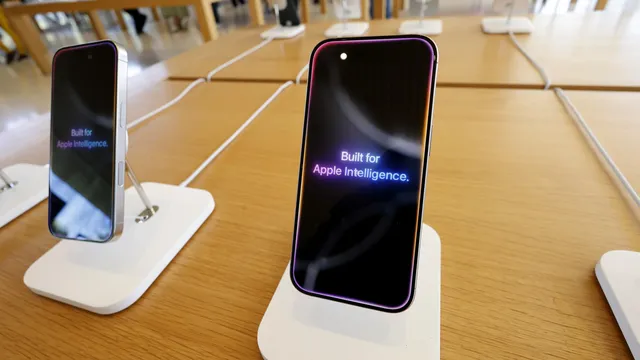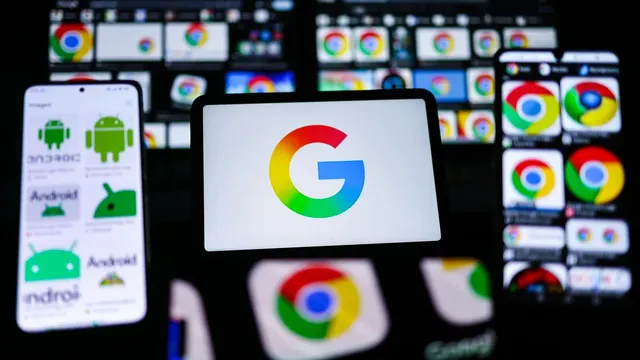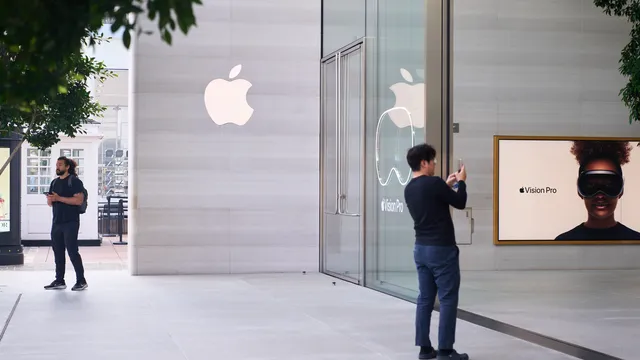Apple is preparing to unveil its new iPhone 17 series, with an expected central focus on enhanced artificial intelligence features, AFP reported. Silicon Valley has remained tight-lipped about the details of the event, dubbed “Awe Dropping” in the invitations, which traditionally takes place during the season for launching new iPhone generations that drive the company’s revenue.
Although the iPhone maintains its premium market position, Apple faces increasing pressure to demonstrate progress in the generative AI sector. “The perception of Apple as being ‘late to the AI party’ is a serious challenge,” commented the analyst firm Canalys.
While iPhone competitors on Android, backed by Google, “aggressively integrate AI,” Apple’s slow rollout of initially native AI features creates adoption gaps, Canalys notes, with many users delaying the purchase of a new iPhone.
Apple introduced its AI features, branded “Apple Intelligence,” at the end of last year, but they failed to impress consumers, particularly the long-awaited improvements to the Siri voice assistant, which remained disappointingly basic. The company is considering integrating AI into online search next year and updating Siri, with reports of a partnership with Google to leverage their expertise in AI and search, though this has not yet been confirmed.
“I would be surprised if there is a major announcement on Apple’s AI strategy,” said Forrester analyst Thomas Huson. “Apple’s approach of gradual innovation with iPhone 17 is starting to reach its limits — especially for users eager for more groundbreaking features,” he added.
The main focus of the event will be on the new iPhone models, led by the ultra-thin “Air” variant. Analysts believe this is a strategic shift: Apple is betting on thinness rather than screen size as a new premium differentiator.
The super-thin iPhone may also pave the way for a foldable smartphone variant in the future, but the engineering requirements for thin devices increase production costs and reduce battery space.
Prices for the new iPhones in the U.S. are expected to rise due to tariffs imposed by President Donald Trump, which increase Apple’s production costs. China remains the company’s primary manufacturing hub, making trade policy directly impactful on pricing.
“Apple is balancing between its two largest markets — the U.S. and China — amid rising trade tensions,” Canalys noted. “A weaker dollar allows Apple to raise prices in the U.S. while maintaining competitive pricing abroad.”
The financial impact is already significant: CEO Tim Cook revealed that Trump’s tariffs cost Apple $800 million last quarter, with an expected hit of approximately $1.1 billion for the current quarter. | BGNES

 Breaking news
Breaking news
 Europe
Europe
 Bulgaria
Bulgaria







